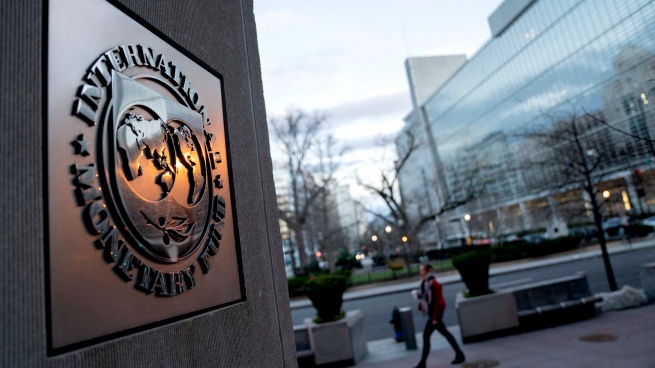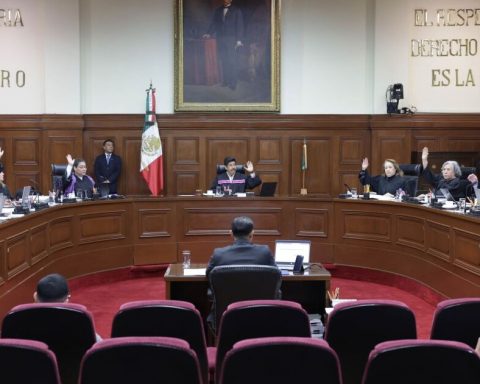July 9, 2022, 4:00 AM
July 9, 2022, 4:00 AM
By Ana Lía Masilla-Specialist in strategic communication and general manager of Kreab Bolivia
A few days ago, the former president of the Spanish Government, José Luis Rodríguez Zapatero, visited Bolivia to give a conference and fulfill a political agenda to accompany the administration of President Luis Arce. But beyond the political support and controversies, he expressed a clear and important message: a true “social democracy” needs the support of private companies.
On the six occasions that Zapatero visited the country, his presence attracted media attention due to his frank line of support for the MAS rulers. It’s not a secret. The former Spanish authority is recognized for sympathizing with leftist movements and governments at the international level and also for nurturing links of collaboration and mediation between various sectors of Latin America. For these activities he does not require “licenses” and his interest prompted him to travel, on more than 230 occasions, to meetings in the region.
But on this occasion, his visit to Bolivia took on greater meaning, since he openly defended the need to cultivate the relationship between the Government and private enterprise, to form an alliance or a “reciprocal agreement.” At an event where the president of the Bolivian Senate and several MAS assembly members were present, the man who was twice president of Spain said that “to promote social democracy, the participation of three key actors is required: the government, businessmen and unions.”
In the opinion of the former leader of the Iberian country, whoever governs must necessarily respect the business sector and provide legal certainty. Of course, he also emphasized the other side of the scheme: businessmen must assume a social commitment with their country; which would be equivalent to respecting the current political process and its rulers with an “intelligent neutrality”. These are, for Rodríguez Zapatero, the two sides of the “pact” to promote the development of the country.
Bolivia has among its sensitive pages chapters of disagreements between these two parties, but it also has important milestones that have demonstrated the value of joint work between government and business. In this context, the practice of Public Affairs by companies —that is, the professional management of corporate relations with the public world— has proven to be a valuable path when carried out with transparency and commitment. Entrepreneurs not only generate formal employment, but also pay the bulk of taxes and develop regions in multiple ways. As true leaders, they should not isolate their businesses and rather should expand opportunities to contribute to government policies and interact with their social environment. The Government, for its part, needs to open itself to a permanent conversation with the private sector on specific issues where Bolivia faces great challenges.
As a strategic communication professional, I have witnessed that this type of agreement can benefit the country. If they are strategically planned and respect all the edges of professional practices, public-private relations increase the productivity and competitiveness of companies and produce synergies that have repercussions on sustainable development. For this reason, I echo the words of the Spanish leader and agree that the development of a public-private agenda is an urgent requirement to build true State policies, beyond political colours.


















